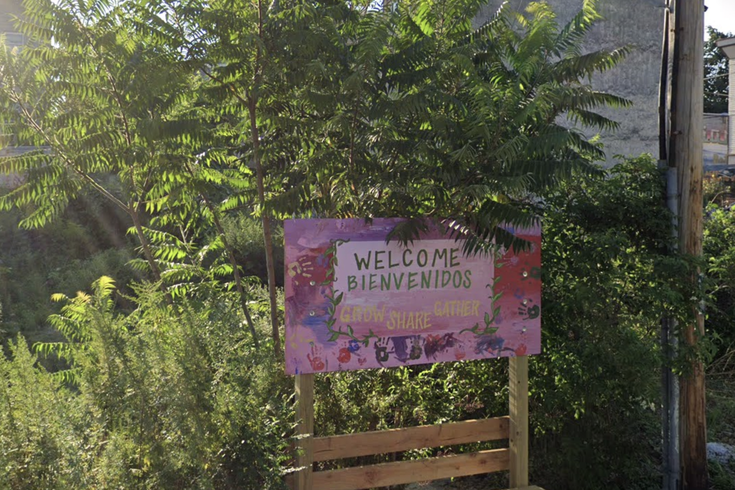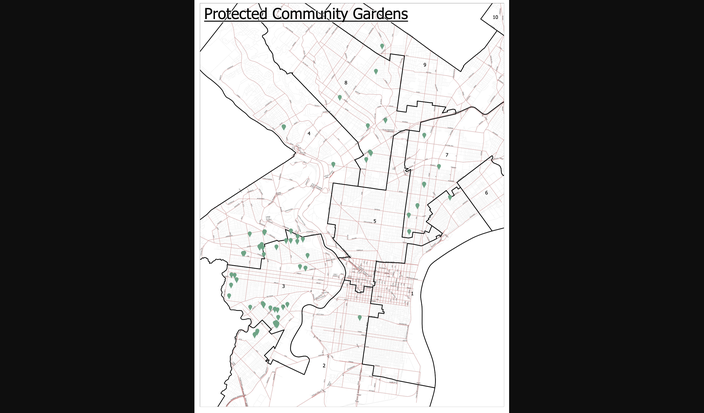
June 21, 2023
 Street View/Google Maps
Street View/Google Maps
Philadelphia is set to purchase 91 parcels of land currently held by bank liens that residents have cared for as community gardens and green spaces for 25 years.
Philadelphia plans to purchase 91 community gardens and green spaces that are currently held by bank liens, city officials said on Wednesday.
A failed effort to raise money for the School District of Philadelphia in 1997 resulted in city officials selling 30,000 city-owned land parcels to U.S. Bank, which have been sold off individually at sheriff's sales. As these plots of land sat abandoned and neglected for decades, community members transformed many of them into gardens.
With a one-time investment of $1.1 million, the city will reacquire those liens.
"Communities of color have invested time and resources into restoring vacant lots only to watch them get snatched up by wealthy developers and flipped for a profit," Councilmember Kendra Brooks said. "Acquiring the liens on these gardens is an important step, but we still have work to do. Until the gardens belong to the communities who care for them, there will always be a threat that a developer might somehow swoop in and destroy everything the community has built."
Since community members do not own the properties they're taking care of, they often have limited notification if the land is being sold at a sheriff's sale. Many people worry that these gardens will be sold for commercial development, particularly those in North, West and Southwest Philly.
Last spring, Brooks formed the Restore Community Land campaign along with several other City Council members, the Neighborhood Gardens Trust, Philadelphia Legal Assistance, Public Interest Law Center and Soil Generation. They identified around 500 at-risk parcels of land that are being used as community gardens or side yards.
An additional 475 parcels were identified as possible spaces for affordable housing, as Philly continues to grapple with its housing crisis.
Of the 500 parcels of land advocates identified as at risk for being sold off in sheriff's sales, Philadelphia will purchase 91 plots that have been transformed into community gardens.
While City Council's initial proposal would have provided a $10 million one-time investment, city officials previously noted that investing $10 million into acquiring the liens would have impacted their ability to fund other projects.
"Community gardens aren't luxuries, they have the potential to address serious needs like access to affordable healthy food, violence reduction, and community development," Mayor Jim Kenney said. "The city is committed to building thriving neighborhoods and enhancing the quality of life for all residents."
Research from the National Environmental Education Foundation has found that green spaces can reduce community violence and promote health through the maintenance and upkeep of urban spaces.
A previous study from researchers at Columbia University and the University of Pennsylvania found that the restoration of blighted land resulted in a 58% reduction in people's fear of going outside due to violence and a 76% increase in their use of outdoor spaces.
 Provided Image/Office of Kendra Brooks, Councilmember At-Large
Provided Image/Office of Kendra Brooks, Councilmember At-Large